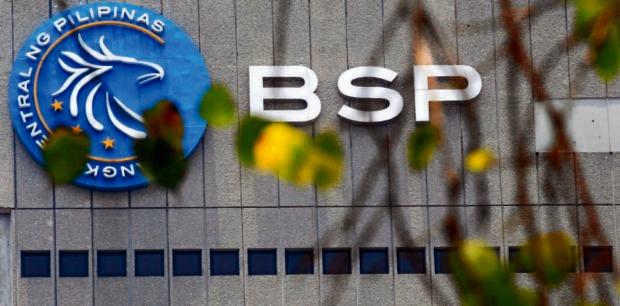
Bangko Sentral ng Pilipinas (File photo / Philippine Daily Inquirer)
Long-term capital brought by investors into the Philippines continued to grow at a healthy clip in the first nine months of the year, thanks to the sustained confidence of foreign businesses in the country that defied the skittishness of their counterparts managing short-term funds.
According to the Bangko Sentral ng Pilipinas, foreign direct investments during the first three quarters of 2019 reached $8 billion compared to the $6.5 billion recorded during the same period last year — a growth of 24.2 percent.
For the first three quarters of the year, FDI net inflows grew by 24.2 percent to $8 billion from $6.5 billion last year
“[This was] on account of the increases registered in all FDI components,” the central bank said in a statement. “Investment inflows continued, buoyed by investor confidence in the Philippine economy on the back of strong macroeconomic fundamentals and high growth prospects.”
In particular, investments in debt instruments reached $5.5 billion, representing an increase of 19.6 percent from the $4.6 billion recorded in the comparable period in 2017.
Net equity capital investments also rose by 52.1 percent to $1.9 billion from $1.2 billion a year ago.
The bulk of the equity capital placements during the period came from Singapore, Hong Kong, the United States, Japan and China.
These investments were channeled largely to manufacturing; financial and insurance; real estate; arts, entertainment and recreation; and electricity, gas, steam and air-conditioning supply activities.
Reinvestment of earnings amounted to $614 million during the period.
For the month of September 2018 alone, foreign direct investments registered $569 million in net inflows, which was lower than the $807 million in net inflows registered in the same month last year.
This developed as equity capital withdrawals of $187 million exceeded equity capital placements amounting to $69 million.
During the period, equity capital infusions originated largely from the United States, Japan, Macau, Hong Kong and China.
These investments were channeled mostly to real estate; manufacturing; and electricity, gas, steam and air-conditioning supply activities.
Meanwhile, debt instruments — consisting mainly of intercompany borrowings or lending between foreign direct investors and their subsidiaries and affiliates in the Philippines — expanded by 24.3 percent to $609 million from $490 million in the same month last year.
Reinvestment of earnings amounted to $78 million during the month. /atm